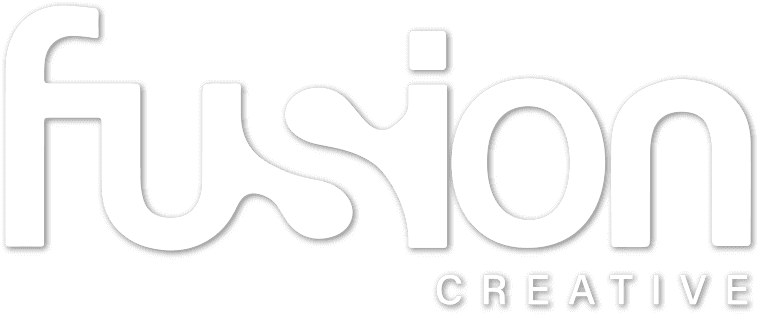SEO Best Practices for Enhancing Website Visibility
In the fast-paced realm of digital marketing, Search Engine Optimization (SEO) is essential for any website seeking to improve its visibility and attract more visitors. Effective SEO isn’t just about adhering to technical standards; it’s about crafting strategies that engage real people and solve real problems. Among the various tactics available, blogging emerges as a particularly influential tool. By integrating consistent, high-quality blogging into your SEO efforts, you can significantly boost your website’s search engine ranking and online authority.
This guide dives into the fundamental SEO practices that are crucial for any successful online strategy. We’ll explore how strategic blogging plays a critical role in enhancing your SEO by providing fresh, relevant content that search engines love. From keyword research and on-page optimization to link building and continuous performance analysis, each aspect of SEO can be powerfully amplified through regular blogging.
Let’s explore these best practices in detail and discover how you can use them to your advantage.
“Effective SEO isn’t just about adhering to technical standards; it’s about crafting strategies that engage real people and solve real problems.” Deevo, Chief Experience Officer The Fusion Brands
SEO Best Practices
1. Keyword Research
- Importance: At the heart of SEO, keyword research guides content strategy and optimization.
- Application: Utilize tools like Google Keyword Planner, SEMrush, or Ahrefs to find keywords with significant search volume and low competition. This strategic selection is crucial for all content, particularly detailed blog posts that address specific, long-tail queries with clearer intent.
2. High-Quality Content Creation
- Importance: The cornerstone of SEO, superior content significantly improves rankings.
- Application: Produce engaging, informative content tailored to user needs and search intent. Well-researched articles that cite credible sources are more likely to satisfy user queries and achieve higher rankings.
“Frequent blogging boosts your site’s indexation rate and freshness score, providing more opportunities to rank in search results.” Deevo, Chief Experience Officer The Fusion Brands
3. On-Page Optimization
- Importance: Critical for making content understandable and accessible to search engines.
- Application: Strategically incorporate keywords in titles, meta descriptions, and throughout the content. Optimize all on-page elements, including images (with alt text) and URLs, to enhance user and crawler accessibility.

4. Regular Publishing Schedule
- Importance: Maintaining a consistent content schedule builds trust and keeps your site relevant.
- Impact of Blogging: Frequent blogging boosts your site’s indexation rate and freshness score, providing more opportunities to rank in search results.
“SEO is no longer just about beating the algorithms. Instead, it’s about directly engaging with and satisfying the needs of website visitors.” Rand Fishkin, Moz
5. Enhanced User Experience (UX)
- Importance: Google increasingly rewards sites that offer a superior user experience.
- Application: Ensure your site is responsive, fast, and easy to navigate. Use tools like Google’s PageSpeed Insights to improve loading times and overall site performance.
6. Strategic Internal Linking
- Importance: Distributes page authority across your site and improves navigation.
- Application: Create comprehensive internal links within blog posts to other relevant content on your site. This enhances user engagement and helps search engines crawl your site more effectively.

7. Content Promotion and Link Building
- Importance: Essential for gaining visibility and authority through backlinks.
- Application: Actively promote your content on social media, via email, and through other platforms. Guest blogging can also be a powerful strategy for earning high-quality backlinks.
8. Analytics and Performance Adjustment
- Importance: Monitoring your site’s performance helps refine strategies and improve outcomes.
- Application: Use analytics tools like Google Analytics and Google Search Console to track key metrics such as traffic, rankings, and user engagement. Adjust your SEO tactics based on these insights to optimize performance continuously.
“SEO is not about getting any visitors to the site. You want to attract people who need what you sell and can become leads, and then customers.” Neil Patel

Conclusion
Regular and insightful blogging is a dynamic SEO tool that not only provides fresh, keyword-rich content but also enhances user engagement and supports effective link-building strategies. Integrating blogging with these SEO best practices will maximize the impact on your campaign, ensuring your website not only attracts but also retains user interest.
Ready to transform your brand’s story into your most powerful asset? Connect with Fusion Creative today. Let’s craft a brand journey that resonates, engages, and converts. Don’t just compete—stand out. Reach out now and let’s create something unforgettable together. Contact us to start your transformation.


